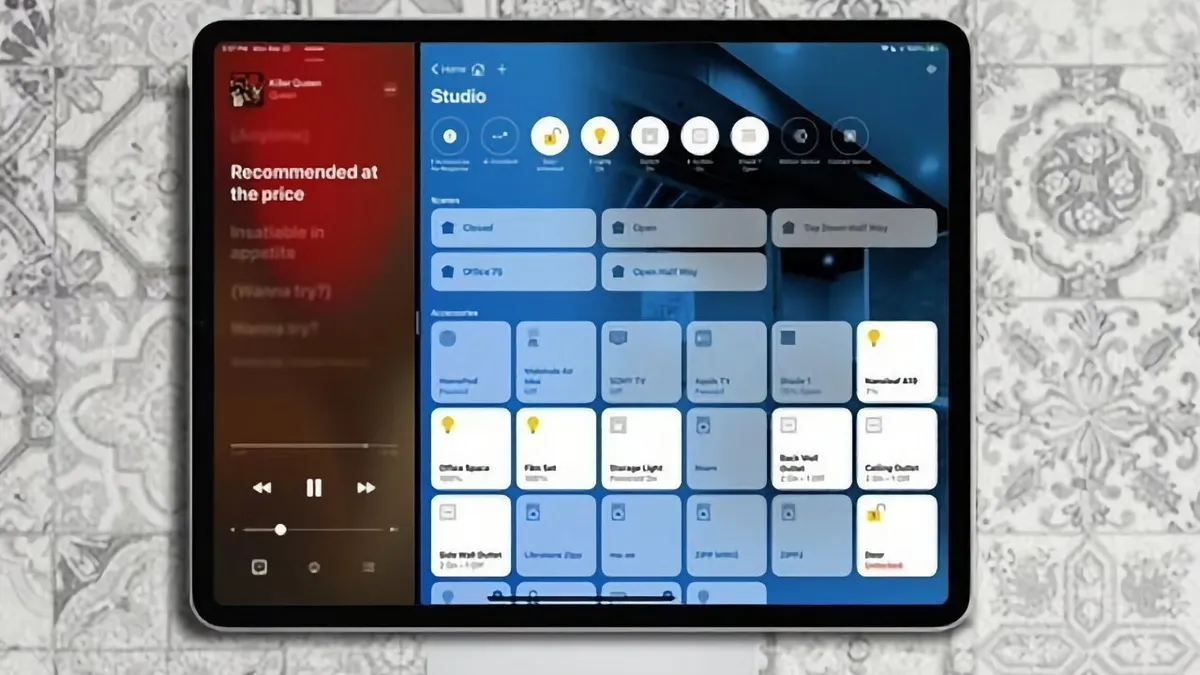
In a much-anticipated development within the tech community, Apple's homeOS platform, designed to run smart-home devices and services, has had its launch postponed to the spring of 2026. This delay also coincides with the introduction of new home hardware, which is expected to elevate the smart-home experience for consumers.
According to sources, the postponement of both the smart home hub and accompanying products is largely attributed to delays in upgrades to Siri, Apple's voice assistant. While many had speculated that a launch could occur during the annual Worldwide Developers Conference (WWDC), it appears that the initial rollout may take place earlier than the 2026 event. Bloomberg reports that significant updates are anticipated in March 2026, during a dedicated event aimed at consumers.
Apple's plans for early 2026 include substantial improvements to Siri, which will feature enhanced contextual understanding and chatbot capabilities. This upgraded version of Siri is expected to serve as a conversational, always-on copilot, capable of announcing tasks and assisting users in managing their smart-home ecosystems.
In addition to the Siri enhancements, Apple is reportedly developing an iPad-like home hub device designed to control various in-home systems, including climate control and home security. This innovative device aims to integrate seamlessly with Apple's existing ecosystem, providing users with a comprehensive solution for managing their smart homes.
Among the other exciting products rumored to be in the pipeline is a tabletop robotic arm, potentially featuring a swivelable iPad-like display. This could further enhance the functionality and interactivity of Apple's smart-home offerings, allowing users to engage with their devices in new and innovative ways.
The success of Apple's smart-home initiative is contingent upon the alignment of several technological factors. The advanced Siri capabilities will form the backbone of voice-based commands and requests for the new hardware, which is likely to be revealed at the March event, preceding the annual developer conference.
The future of HomeOS will also leverage Thread control to create a robust mesh network among smart-home devices. Existing Apple products, including the iPhone, Apple TV, and HomePod, are already equipped with the necessary radios to support this new ecosystem, making it easier for users to adopt the technology.
Moreover, the ongoing development of Apple Intelligence will play a critical role in the evolution of the company's home technologies. Recent announcements from WWDC highlighted Apple's commitment to enhancing these capabilities, including the introduction of the Foundation Models Framework, which opens up the technology to developers.
As Apple prepares for its smart-home rollout, other manufacturers have begun to embrace compatibility with Apple's Thread home technology. Notably, products like Ikea's Timmerflotte temperature and humidity sensor are already integrating this technology, paving the way for a more interconnected smart-home environment.
As the smart-home landscape continues to evolve, Apple's homeOS platform promises to deliver a transformative experience for users, positioning the company at the forefront of this burgeoning industry.